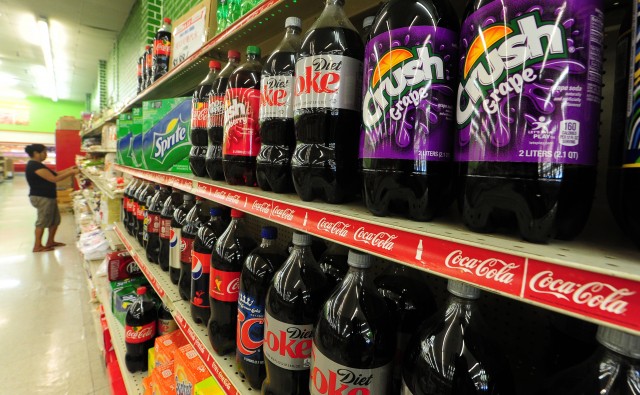By Mina Kim and Lisa Pickoff-White

Berkeley residents will have a chance to tax sugar-sweetened beverages a penny per ounce this fall. The Berkeley City Council voted unanimously on Monday to add the initiative to the November ballot. San Francisco will put a 2-cent-per-ounce tax before voters.
But unlike San Francisco, which designated tax revenues to nutrition programs, Berkeley will direct revenues to the general fund. Berkeley's measure would require only a simple majority to pass because it's a general tax. A special tax, like San Francisco's, requires a two-thirds majority to pass.
"We wanted to be certain that our measure would pass," said Linda Maio, vice president of the Berkeley City Council. "We know that even though we've done very good polling and we have good numbers on support for taxing the industry, that once the industry gets rolling and pours its millions of dollars into a campaign it will have an effect of some kind."
The city of Richmond's initiative in 2012 went down with 67 percent of voters rejecting it. Some voters specifically called out the general fund as the reason.